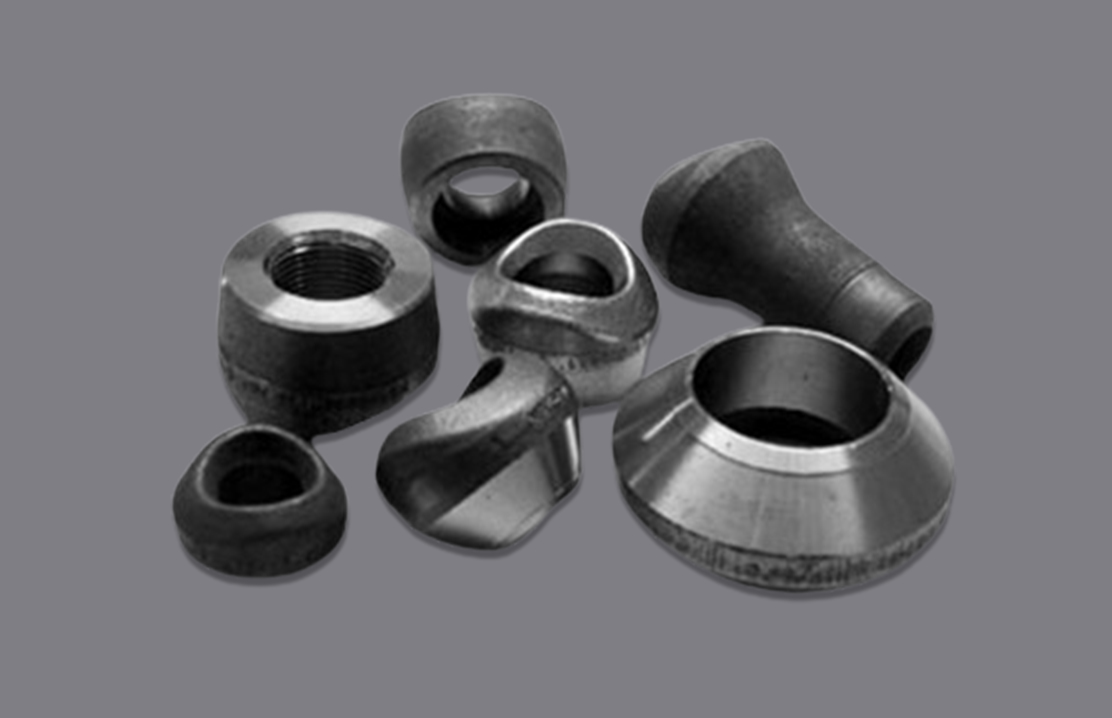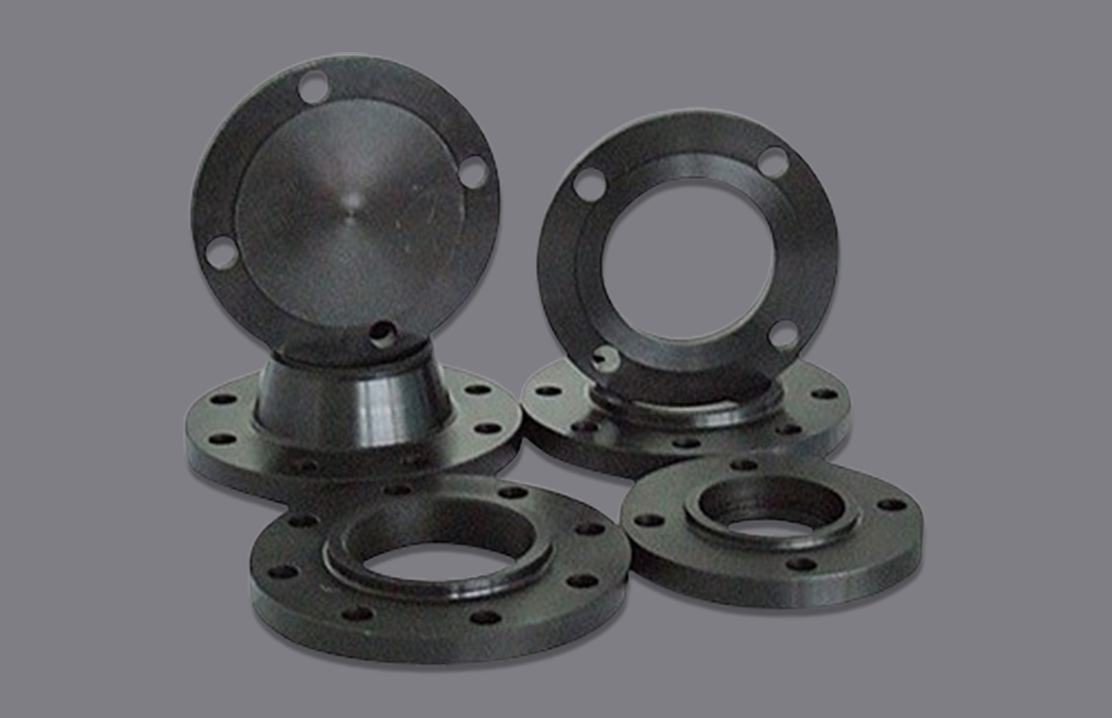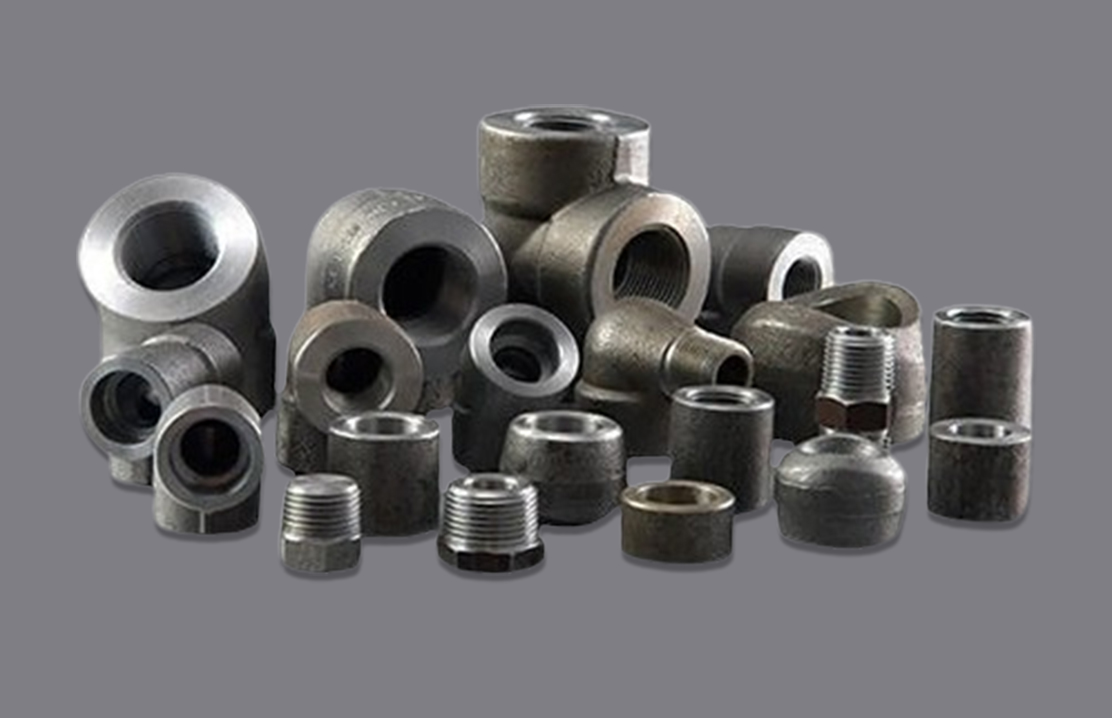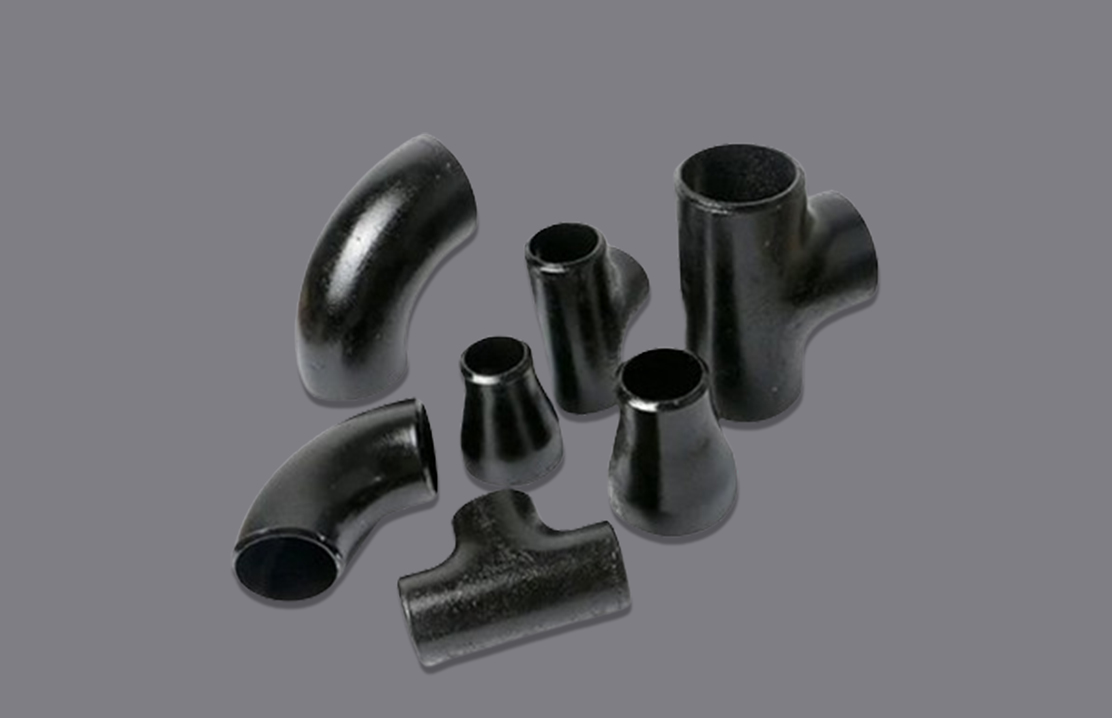Carbon Steel Forged Nipple
Home - Carbon Steel - Carbon Steel Forged Pipe Fittings - Carbon Steel Forged Nipple
Carbon Steel Forged Nipple
Elevate the integrity of your industrial piping connections with Carbon Steel Forged Nipple from EBY Fasteners. Their forged construction offers an inherent advantage in strength and leak prevention, making them ideal for demanding applications. Choose with confidence, knowing our nipple is manufactured to rigorous industry standards for guaranteed compatibility and dependable performance
Simplify your piping installations with our comprehensive selection of Carbon Steel Forged Nipple. We offer a wide range of sizes, pressure ratings, connection types (threaded, socket-weld), and carbon steel grades. This ensures you’ll find the perfect fit for connecting pipes, extending lines, or seamlessly integrating new components into your existing system


Experience the EBY Fasteners difference when sourcing your Carbon Steel Forged Nipple. We are dedicated to quality at every stage and providing outstanding customer support. Let our team assist you in selecting the optimal nipple for your project


Experience the EBY Fasteners difference when sourcing your Carbon Steel Forged Nipple. We are dedicated to quality at every stage and providing outstanding customer support. Let our team assist you in selecting the optimal nipple for your project
- Materials & Standards : Carbon Steel: The foundation of this nipple, offering a balance of strength, weldability, and affordability. Specific grade selection tailors the nipple's toughness, temperature suitability, and corrosion resistance
- ASTM A105 : A widely used standard for forged carbon steel components, making it a reliable choice for general piping needs.
- ASTM A350 LF2 : Designed for low-temperature environments. Nipple made from this grade maintain their toughness and resist brittle failure in cold climates or when handling cryogenic fluids
- ASTM A53 & A106 (Grades A, B, C) : These standards focus on seamless pipes, but selecting the corresponding grade for your piping ensures material compatibility and minimizes the risk of issues at connections
- ASTM A691 : This standard addresses piping components specifically intended for pressure applications across a range of temperatures, providing additional assurance for your nipple's suitability based on your system's conditions
- API 5L Grades (B, X42, X46, etc.) : Crucial within the oil and gas industry, these denote increasing yield strength. As the number climbs, the steel can handle higher internal pressures. This dictates the nipple's pressure handling capacity or its use with higher-pressure pipelines
- Importance of Grade Selection : Choosing the appropriate material and grade is paramount for the safe and reliable operation of your piping system. The nipple must possess the mechanical properties to withstand the internal pressures it will experience, function within your system's operating temperature range, and offer compatibility with any corrosive elements present within the fluids it will carry
- Materials & Standards : The inclusion of numerous ASTM and API standards underscores the range of potential material grades and applications for this nipple. From standard carbon steel (A105) to low-temperature suitable grades (A350 LF2) and even those designed for high-pressure oil and gas pipelines (API 5L), the right nipple can be selected to match your specific system's requirements
- Size : The range from 1/8" to 4" NB (Nominal Bore) indicates that this nipple is designed for smaller to mid-sized piping installations. It's vital to match the nipple's size precisely with the pipe diameter to achieve a strong, proper fitting
- Class (Pressure Rating) : Options like 3000 LBS, 6000 LBS, etc., reflect the nipple's pressure handling capabilities. Ensuring the class exceeds your system's working pressure is crucial for safety
- Type : Threaded (NPT, BSP, BSPT): Ideal for joining pipes or where disassembly might be needed. Thread types must match your pipe system
- Socket-Weld (S/W) & Screwed (SCRD) : Provides a permanent seal but might not allow easy disassembly
- Form & Dimensions : Designation as a 'threaded pipe nipple' and adherence to standards like ASME B16.11 ensure compatibility with standard pipe sizes and thread profiles. This streamlines installation and guarantees a secure, leak-free fit
- Versatile Short Connectors : Carbon steel forged nipple is essential for bridging short gaps in your piping system. They are designed to connect two pipes, extend lines, integrate smaller branches, or facilitate the addition of other components
- Superior Forged Strength : Their forged construction gives this nipple an advantage in strength and durability compared to nipple fabricated using other methods. This increased toughness minimizes the risk of leaks and makes them well-suited for demanding industrial settings
- Adaptable Carbon Steel : This common material provides a balance of strength, weldability, and affordability. By selecting the right carbon steel grade, you can optimize the nipple's properties to match your system's temperatures and handle potential corrosive elements
- Standardized for Compatibility : Manufactured to adhere to standards like ASME B16.11, this nipple offers dimensional consistency. This guarantees a proper fit and easy integration with your existing piping network and other standardized components
- Choice of Connections : Carbon steel forged nipple frequently come in both threaded and socket-weld varieties. Threaded options allow for easier disassembly and modification, while socket-weld provides a permanent, reliable seal for critical connections or smaller diameter lines
- Wide Pressure Range : Available in different pressure classes, this nipple ensures you'll find a perfect match for your system's specific operating pressures. This proper selection guarantees safe and dependable operation under the demands of your application
- Refinery & Petrochemical : Within the complex piping networks of refineries and petrochemical facilities, carbon steel forged nipple is indispensable. They are used to connect and extend process lines transporting various fluids, including crude oil and refined products. Moreover, this nipple is used to create branches for integrating essential equipment, sampling ports, or smaller lines needed for specialized processes
- Chemical : Carbon steel forged nipple is essential components in chemical processing plants, ensuring secure connections within chemical transfer lines. They also play a critical role in seamlessly integrating auxiliary components like pumps, valves, and filters into the main process systems. It's important to select a carbon steel grade with compatibility to the specific chemicals being handled
- Oil & Gas : From extraction and processing to transportation, the oil and gas industry relies on carbon steel forged nipple. They are employed to extend or connect sections of gathering lines, ensuring the smooth flow of oil and gas. Furthermore, this nipple facilitates the integration of pumps, separators, and other vital processing equipment within the pipeline network
- Power Plant : Carbon steel forged nipple is frequently used in power plants for water supply lines and less critical auxiliary process systems. Their primary functions include connecting pipe sections, extending lines, and creating branches for integrating equipment within these support systems
- Industrial Machineries : In the world of industrial machinery, carbon steel forged nipple is a key component in hydraulic, lubrication, and coolant systems. They enable the secure connection and extension of hydraulic lines and facilitate the integration of valves, actuators, and other essential components. They also play a crucial role in distributing lubricants and coolants, ensuring proper equipment operation and preventing leaks
Chemical Composition
| Element | Composition |
|---|---|
| Carbon | 0.35% maximum |
| Manganese | Increase 0.06% for each reduce of 0.01 of Carbon content, up to the maximum 1.35% |
| Copper, Nickel, Niobium and Molybdenum | Sum content shall not exceed 1.00% |
| Silicon | 0.35% maximum |
| Niobium + Molybdenum | Shall not exceed 0.32% |
Carbon Steel Forged Pipe Fittings
- Carbon Steel 45-degree Elbow
- Carbon Steel 90 degree & Reducing Elbows
- Carbon Steel Cross Tee
- Carbon Steel Equal Tee
- Carbon Steel Forged Cap
- Carbon Steel Forged Full, Half and Reducing Coupling
- Carbon Steel Forged Nipple
- Carbon Steel Forged Union
- Carbon Steel Plugs and Bushings
- Carbon Steel Reducing Insert Fitting
- Carbon Steel Swage Nipples
- Carbon Steel Unequal Tee






